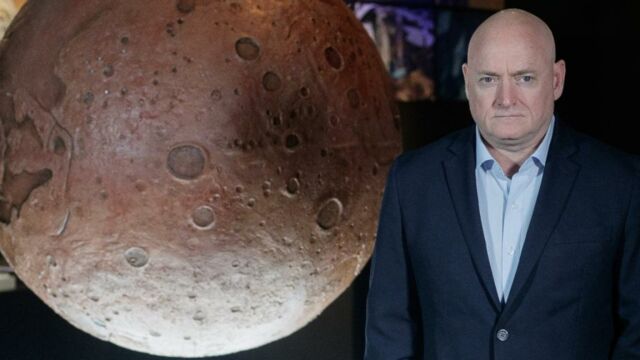American astronaut Scott Kelly lived in the International Space Station for 340 days but when he came back to human civilisation, he noticed that he had changed physically and biologically. In fact, a NASA study found that his time in space had somehow managed to alter his very DNA.
Discover our latest podcast
Analysing the changes
To compare the changes, a team of researchers from the American Space Agency analysed his data against that of his identical twin brother Marc Kelly, who never left Earth. Before Scott’s departure, the two brothers were absolutely identical—physically, biologically, and genetically. However upon his return it seemed as though there was a considerable difference between the two.

Scott Kelly had grown by almost 4 cm during his stay in space! Furthermore, they observed that his muscles had weakened, and his intestinal bacteria had developed differently from his brother’s. However, the most surprising find was that his DNA—or more precisely the activity of certain genes—were no longer the same.
Returning to normal
Fortunately, in due time, Kelly’s body returned to his original size and 93% of his genes also started functioning normally. All in all, only 7% of his genetic material were permanently modified but only when it came to their activity. Christopher Mason, professor at Cornell Medical College who was also responsible for the study said in an interview with Business Insider:
His return to Earth triggered a flurry of gene changes in him. The most important thing is that most of these changes are not permanent. Most of his genes are now functioning normally again. Only about seven per cent of his genetic material still reacts in an altered way two years after his return.
The power of space?
While the exact reason behind the changes are not clearly explained, it might have been brought on by stress and extreme living conditions in space. Low oxygen and a higher carbon dioxide content in the air could have also been a key factor.
Nevertheless, Scott Kelly remains an interesting object of investigation and gives insight into what happens to the human body when it stays in space for long periods of time. The study, however, is not complete as more than 200 scientists from about 30 countries are still analysing the genetic, physiological, and biological changes that Kelly’s body went through.















